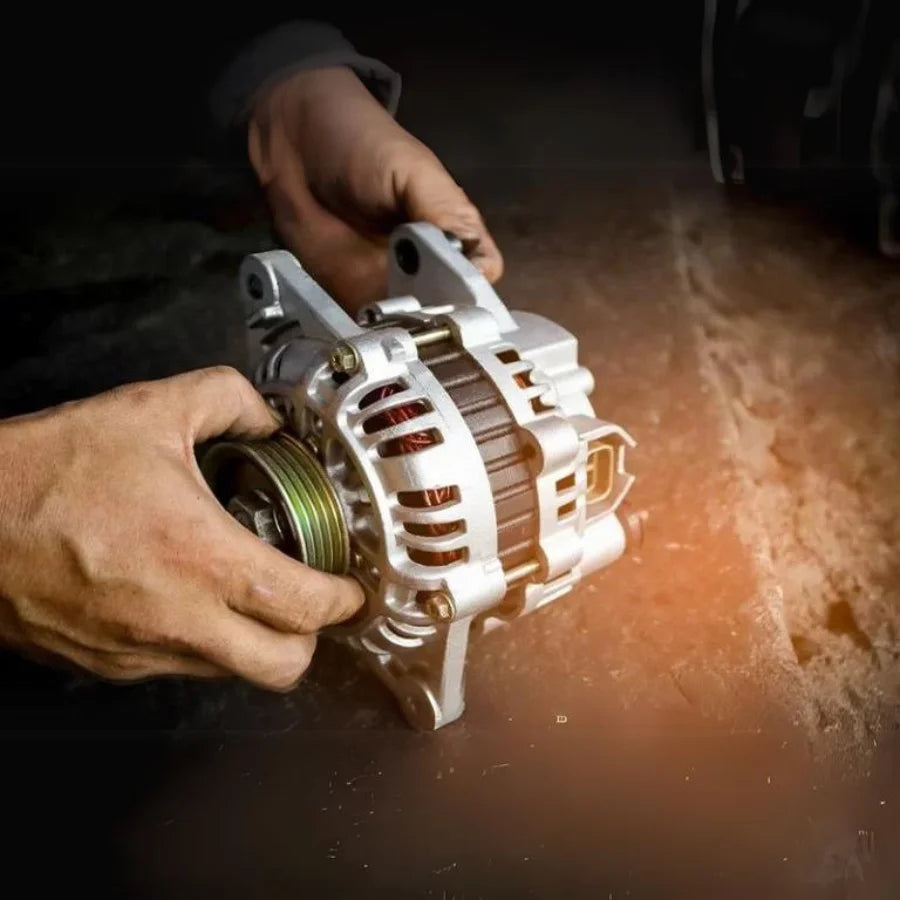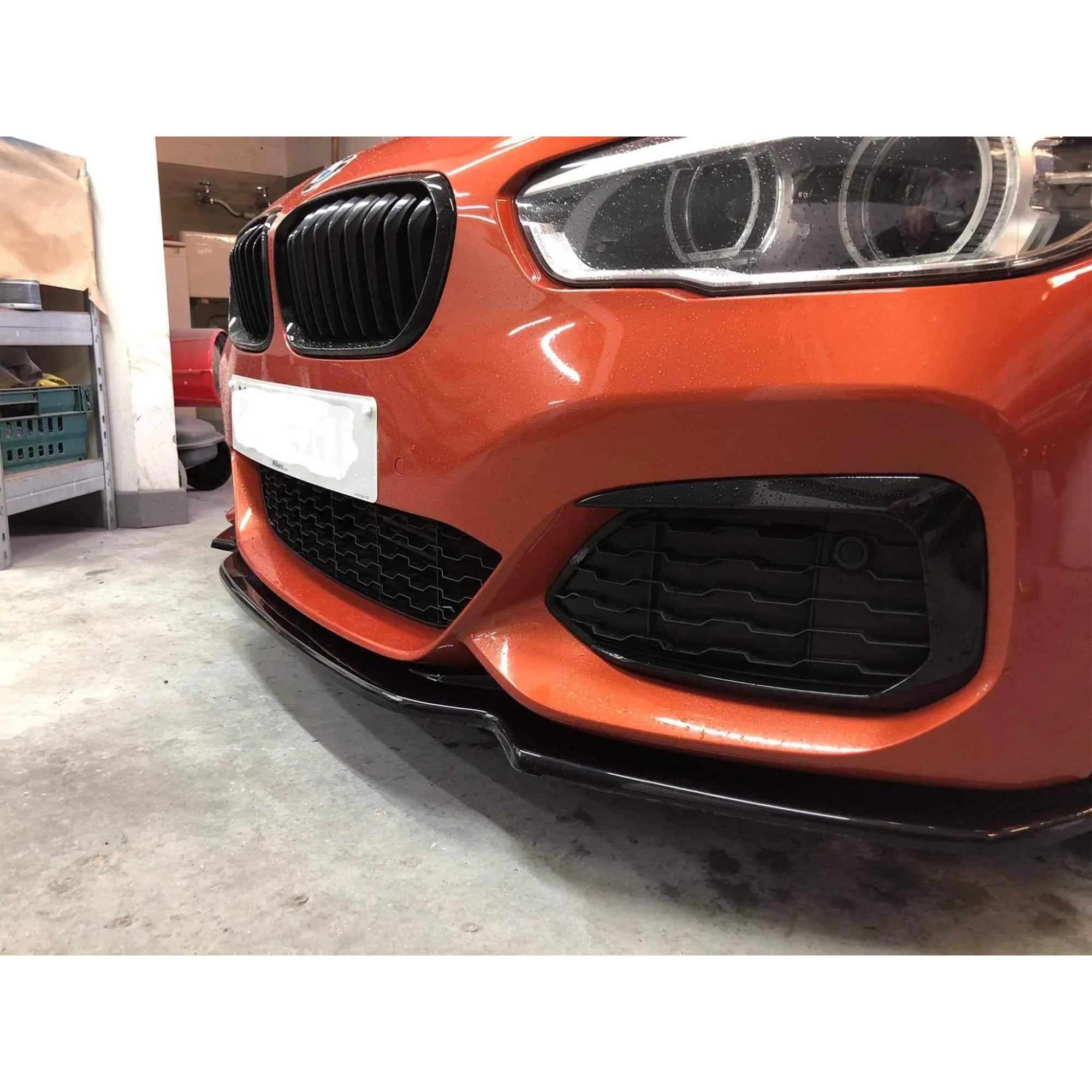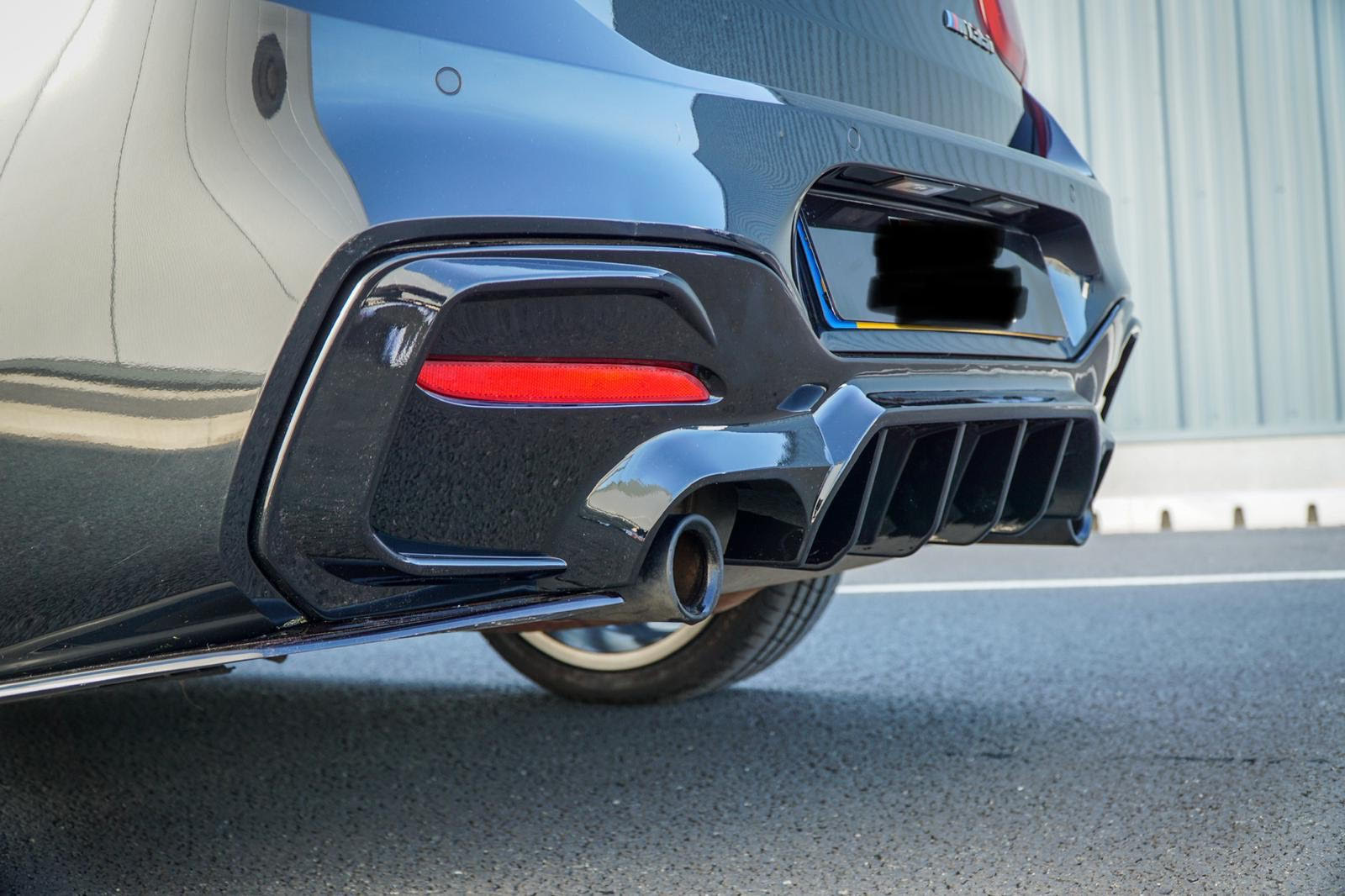
What Is An Alternator And Why Is It Important?

When it comes to understanding the electrical system of a vehicle, the Alternator plays a vital role. The alternator is an essential component that generates electrical power for a vehicle while also charging the battery.
In this blog post, we will delve into the details of what an alternator is, how it works, and why it is of paramount importance for the proper functioning of a vehicle.
Understanding the Alternator:
At its core, an alternator is a type of generator that produces alternating current (AC) electricity. It converts mechanical energy into electrical energy, primarily through electromagnetic induction. The main components of an alternator include a rotor, a stator, diodes, and a voltage regulator.
The rotor, which is connected to the engine’s crankshaft, rotates within the stator, which is a stationary component. The rotation of the rotor induces a magnetic field, causing the stator to generate an alternating magnetic field. This magnetic field induces an electrical current in the stator windings, leading to the production of AC electricity.
Role of the Alternator:
- Power Generation: The primary function of the alternator is to generate electrical power to meet the electrical demands of the vehicle. It provides power to various electrical components such as lights, radio, air conditioning, and other accessories while the engine is running. Without the alternator, the battery alone would not be able to sustain these electrical loads for an extended period.
- Battery Charging: The alternator also serves as a battery charger. When the engine is running, the alternator recharges the battery by converting some of the engine’s mechanical energy into electrical energy. This process ensures that the battery remains charged and ready to supply electrical power whenever the engine is not running or the electrical demand exceeds the alternator’s output.
- Power Reserve: In addition to powering the vehicle’s electrical loads and charging the battery, the alternator provides a power reserve for the electrical system. It compensates for any electrical loads that momentarily exceed the battery’s capacity, preventing voltage drops and ensuring a stable power supply to all components.
Importance of a Well-Functioning Alternator:
- Reliability and Safety: A properly functioning alternator is crucial for the overall reliability and safety of the vehicle. It ensures that the battery remains charged, which is essential for starting the engine and powering critical components such as headlights and brake lights. Without a functional alternator, a vehicle may experience starting issues, frequent battery drain, and compromised safety due to inadequate lighting.
- Extended Battery Life: The alternator plays a pivotal role in extending the lifespan of the battery. Continuously charging the battery prevents the battery from discharging completely, which can shorten its life. A healthy alternator ensures that the battery remains at an optimal charge level, promoting longevity and reducing the need for frequent battery replacements.
- Electrical System Performance: An alternator that is operating at its full capacity ensures the proper functioning of the entire electrical system. It maintains a stable voltage supply to sensitive electronic components, preventing voltage spikes or drops that could damage these devices. A malfunctioning alternator can result in erratic electrical behavior, such as flickering lights or malfunctioning dashboard gauges.
The Bottom Line!
In conclusion, the alternator is a crucial component of a vehicle’s electrical system. It generates electrical power, charges the battery, and ensures the proper functioning of various electrical components.
The reliability, safety, and performance of a vehicle heavily depend on a well-maintained alternator. Regular inspections and timely maintenance of the alternator are essential to avoid any electrical issues and maximize the lifespan of both the alternator and the battery.
































